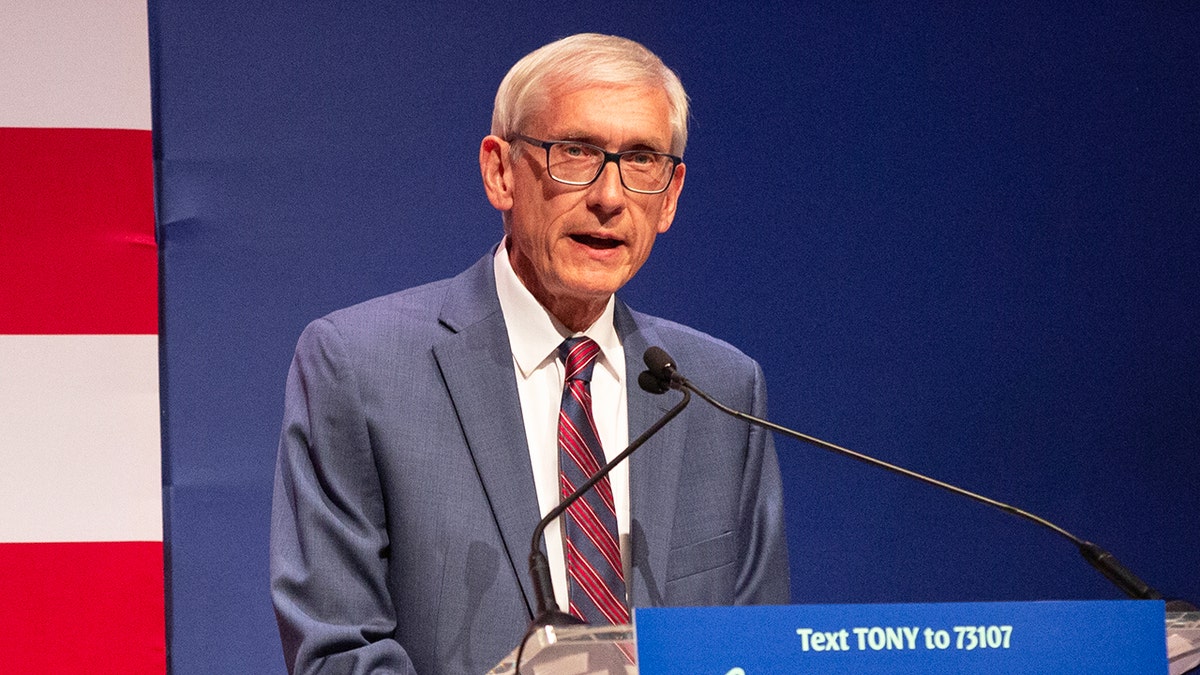A proposed bill in Wisconsin requiring local law enforcement to assist federal immigration officers in identifying and detaining undocumented individuals has sparked controversy. Governor Tony Evers, a Democrat, has expressed his strong opposition to the Republican-backed legislation, signaling a potential veto.
The draft bill mandates county sheriffs to inquire about the citizenship status of individuals in custody and report those lacking proof to the Department of Homeland Security. Additionally, it compels sheriffs to cooperate with immigration officers on warrants. Non-compliance could lead to a 15% reduction in state aid.

Governor Evers' office dismissed the draft bill as "not a serious proposal" and emphasized the governor's commitment to supporting local law enforcement and communities. Evers' spokesperson, Britt Cudaback, criticized the proposed legislation for potentially jeopardizing state aid, arguing that it undermines recent increases in shared revenue for municipalities.
Republican State Representative Tyler August countered Governor Evers' criticism, accusing him of prematurely rejecting a bill that has yet to be released publicly. August emphasized the Republicans' intention to collaborate with federal authorities to remove individuals residing in the country illegally who have committed crimes. He also criticized the governor and Wisconsin Democrats for what he perceived as extreme stances on immigration.

This dispute reflects a broader national debate regarding immigration enforcement and the role of local law enforcement in collaborating with federal agencies. Governor Evers' stance aligns him with other Democratic officials who have resisted the Trump administration's immigration policies.

This ongoing tension between state and federal authorities over immigration enforcement is likely to continue to be a significant political issue.
Comments(0)
Top Comments